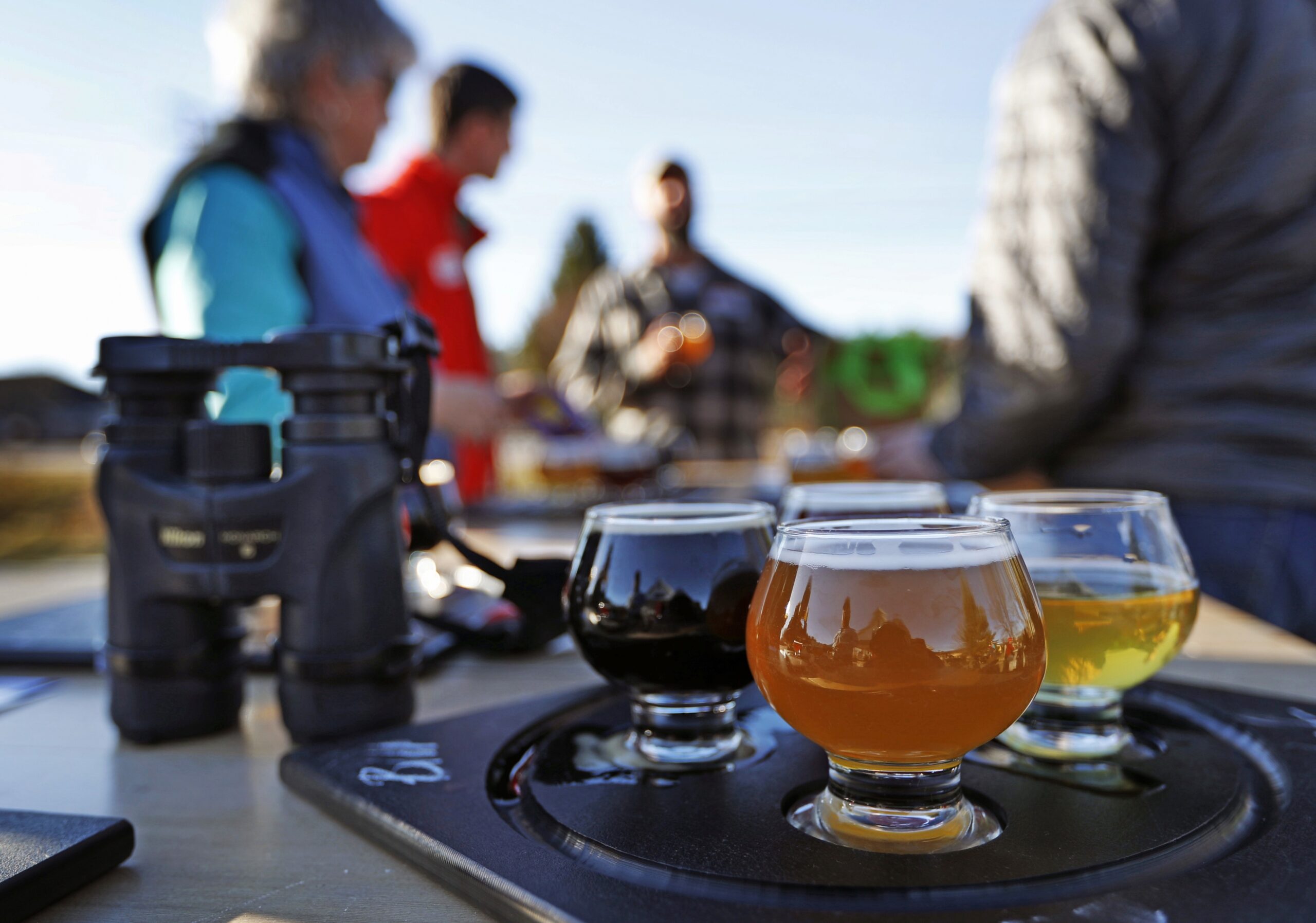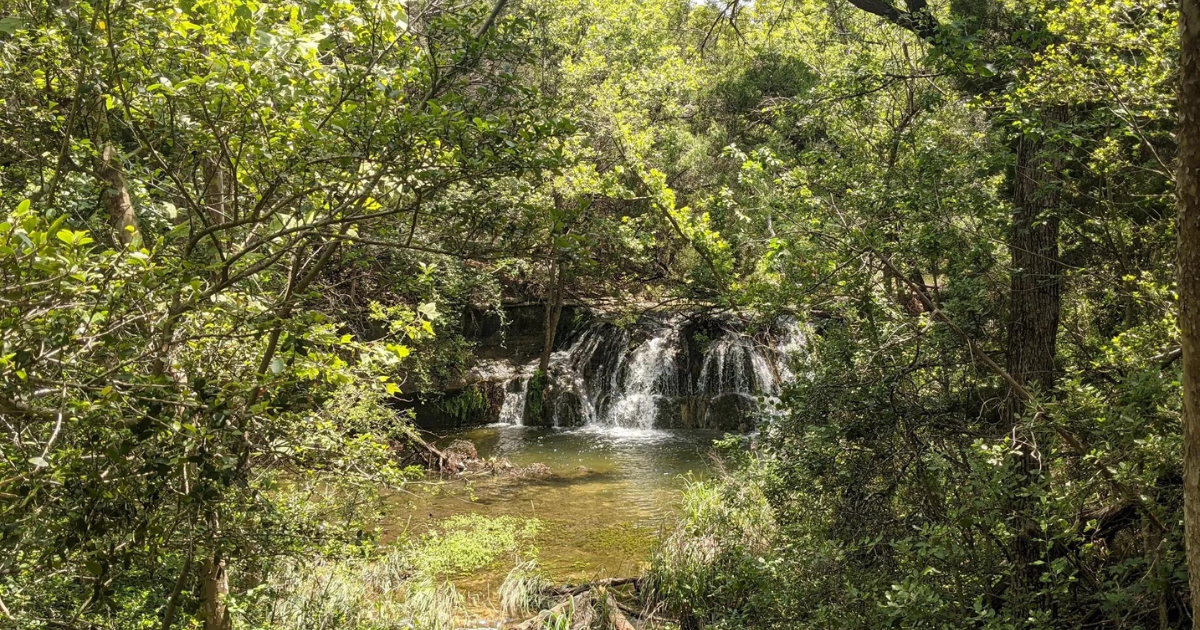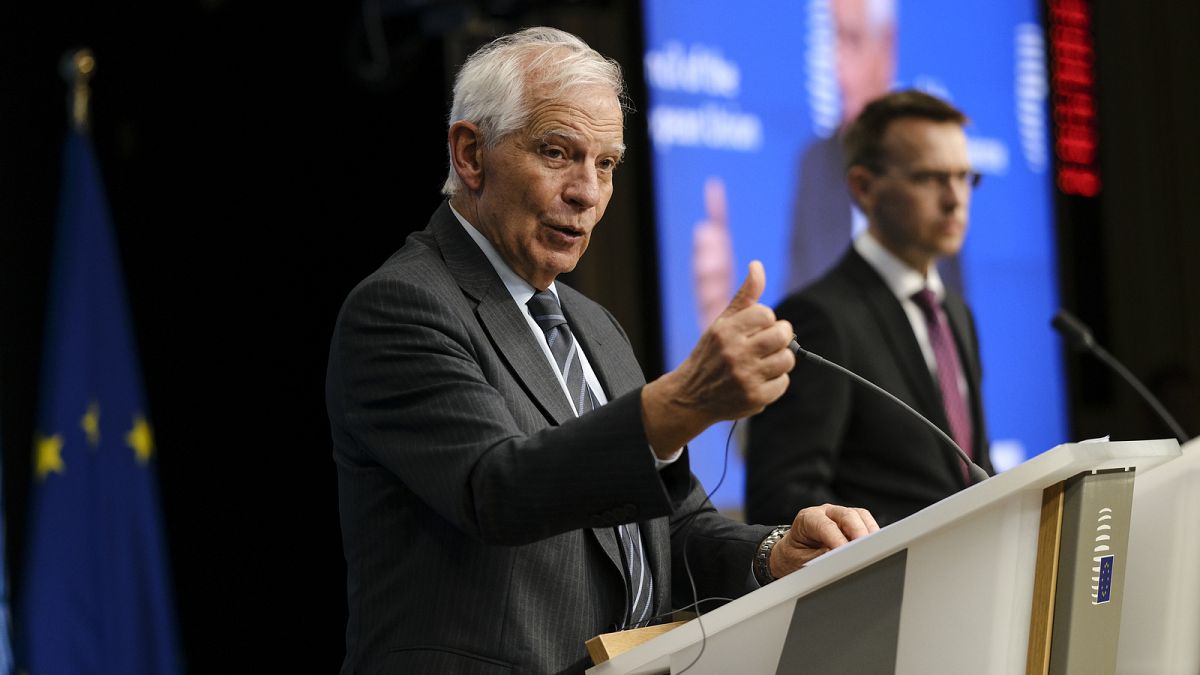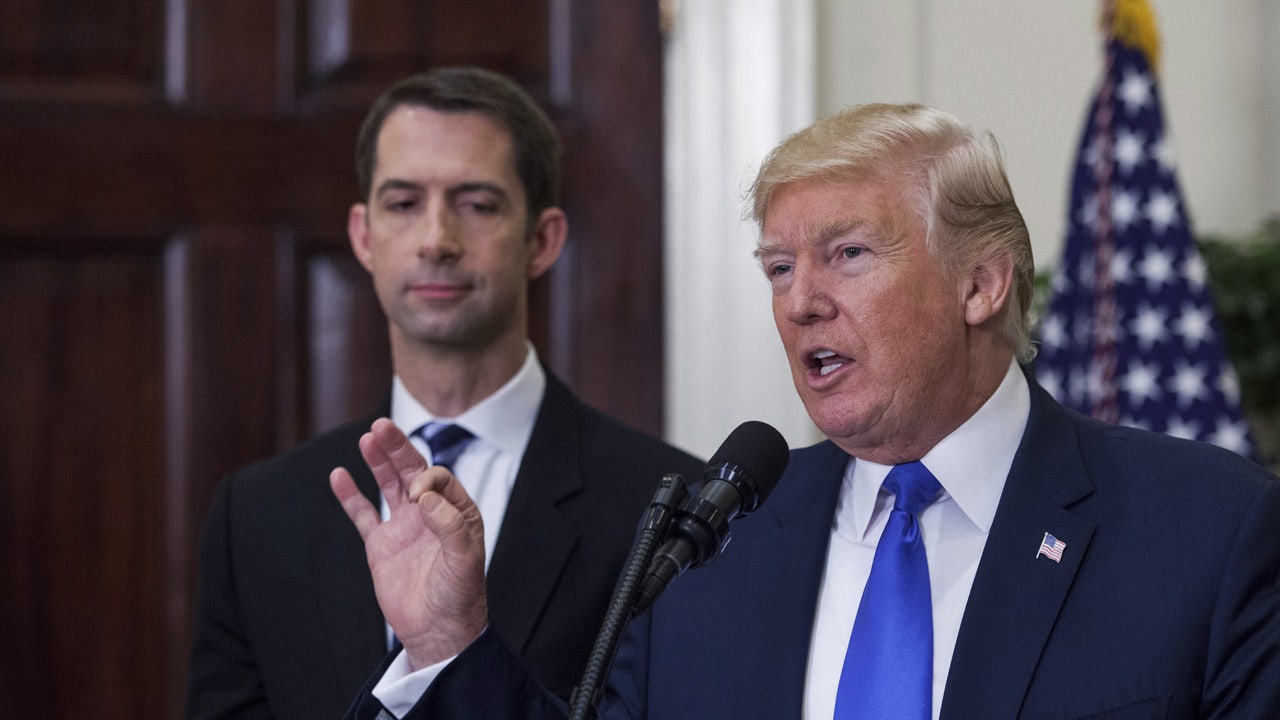Wisconsin
Bambi’s revenge: Wisconsin ban on filming hunting unconstitutional | Strictly Legal

In 2016, the state of Wisconsin amended its “hunter harassment law” to make it a crime to interfere intentionally with a hunter by “maintaining a visual or physical proximity” to the hunter, by “approaching or confronting” the hunter, or by photographing, videotaping, audiotaping, or otherwise recording the activity of the hunter. In a suit to challenge the constitutionality of the law, the U.S. Court of Appeals for the 7th Circuit ruled that the law was vague and overly broad, and therefore violated the First Amendment rights of the plaintiffs.
Plaintiffs are associated with Wolf Patrol, an organization that opposes hunting and monitors and documents hunting activities on public lands throughout Wisconsin to ensure that hunters comply with state regulations. After the Legislature amended the law, the plaintiffs had a number of encounters with hunters and law enforcement officers, including repeated stops for questioning by law enforcement and harassment by hunters, in the course of plaintiffs’ monitoring and documenting activities, including photographing and filming of hunting. All activities relevant to this case occurred on public lands where both hunters and plaintiffs were legally entitled to be present.
In the most significant incident, the plaintiffs were doing documentary work when a large group of hunters surrounded plaintiffs with their trucks, barricading them in while law enforcement was called. One hunter said, “Block ‘em in so we can wait for the game warden to get here. We’ve got ‘em f—ed.” The hunters proceeded to berate the Wolf Patrol members, “using foul language and threatening to beat them up and run them over.” At one point in the angry confrontation, a hunter drove his pickup truck to bump a member of the Wolf Patrol multiple times. The hunters called law enforcement.
Forest County sheriff’s deputies responded, and one of the plaintiffs, Brown, was questioned about his filming activities. Thinking that Brown may have recorded disputed events in this angry confrontation, deputies seized all of Brown’s filming equipment and footage, including four cameras, two memory cards, a microphone, batteries, all videography accessories, and a cellphone.
Law enforcement told Brown that they would be seeking a warrant to search his footage. Twelve days later, deputies applied for and obtained a warrant to search Brown’s devices and to view his film footage. The warrant application said that Brown’s devices and footage could constitute evidence of violations of Wisconsin’s hunter harassment law. After searching and viewing all videos and footage seized from Brown, the sheriff’s department sent the recordings to the district attorney, for review. The district attorney declined to bring charges. Around that same time, Brown’s equipment and recordings were returned to him, roughly seven months after they were seized.
In July 2017, plaintiffs filed suit asking the court to find the amendment unconstitutional. They argued that the amendment is unconstitutionally vague and overbroad, chills the exercise of their First Amendment rights, is viewpoint-based and fails to survive strict scrutiny. The trial court granted summary judgment for the defendants, and the plaintiffs appealed to the 7th Circuit.
The 7th Circuit concluded that the amendment was vague and over broad. In the court’s view, the provisions prohibiting “maintaining a physical proximity” and “approaching or confronting” are overly broad and vague. According to the court, “[t]hey fail to provide reasonable notice as to what conduct is criminal, and they fail to provide reasonable constraints on the discretion of enforcement officials. They thus tend to create significant chilling effects on constitutionally protected activity, as they have for these plaintiffs.”
The section of the amendment that prohibits photographing or videotaping isn’t vague, as it is clear what is prohibited, but it is overly broad. It simply sweeps under its coverage permissible activity – video recording activity in a public area. In the court’s view, the sole purpose of that section of the amendment was to “chill First Amendment activities.” The appellate court also found that the amendment targeted recording activities that were critical of hunting. This constitutes unconstitutional viewpoint discrimination. All in all, it was a bad day for the camera shy hunters but a good day for the First Amendment.
Jack Greiner is a partner at Faruki PLL law firm in Cincinnati. He represents Enquirer Media in First Amendment and media issues

Wisconsin
EF0 tornado confirmed in Rock County, Wisconsin after Sunday storms

Wisconsin
How Wisconsin alcohol producers are transitioning to state’s new liquor laws

Shaun Lapacek wants to make sure his Columbia County winery is in compliance.
The operating licenses for Rock N Wool Winery in Poynette need to be renewed by the start of June and new state laws regulating alcohol just went into effect May 1.
The changes include creating a state permit for alcohol producers to expand their retail offerings. Similar licenses were previously issued by municipalities.
Stay informed on the latest news
Sign up for WPR’s email newsletter.
Even after talking to his local clerk, Lapacek said he’s still confused when he can get the new permit and whether his winery will be licensed in the meantime.
“Questions like that don’t really work well with the business, because I can’t plan events. I can’t tell people, ‘OK, we’ll have this license,’” he told WPR’s “Wisconsin Today.” “I can’t promote my business in a manner, and I guess that’s what’s tough. I kind of feel like I still have handcuffs on.”
Lapacek and other alcohol producers, distributors, retailers and consumers are still working through the transition to the new state regulations.
A more level playing field
Despite some confusion about the transition to new rules, several people across the industry told “Wisconsin Today” that eventually the changes will lead to more clarity for alcohol producers.
The new laws overhauled the previous three-tiered system for alcohol licensing and created a Division of Alcohol Beverages within the state Department of Revenue.
Jeff Glazer is an attorney who focuses on business issues for companies in the food and beverage industry. He said alcohol producers of all kinds will be affected: breweries, wineries, distilleries, cideries and others.
Glazer has been working with this industry since 2007. He said people used to make products and sell to wholesalers. Then, wholesalers would carry products to retailers for sale. But the industry changed. The new laws modernize the space and make it easier for small manufacturers to compete, Glazer said.
Glazer said the new laws will clear up a lot of misunderstandings. The old rules were arcane and confusing when it came to who was allowed to serve what, he said. Laws stopped breweries from serving wine or distilled spirits. Wineries could serve beer but not distilled spirits.
“All of that has gone away,” Glazer said. “Everybody can serve everything now. It’ll make the tasting rooms just a much more comfortable place for consumers.”
Expanded opportunities
For Lapacek, the new laws mean being able to serve customers who prefer beer or liquor rather than wine and want to enjoy the converted sheep farm that became Rock N Wool Winery. The laws also allow the winery to stay open later and clarifies the rules for hosting private events.
For others like State Line Distillery in Madison, the law offers more freedom to serve spirits in new ways. Bar manager Mike McDonald updated State Line’s cocktail menu this month to take advantage of the new ingredients he can now implement.
“It was a great challenge and really kept our bar unique to other bars around town but also prevented us from kind of showcasing our spirits the way that a normal bar or cocktail bar would,” McDonald said. “All those classic cocktails that we just couldn’t serve, because we couldn’t carry these products, are now available to us.”
The new state permit lets State Line collaborate with other distillers and serve cocktails at festivals and markets. Before May 1, only products like beer and wine could be served at those types of public events, McDonald said.
The new laws provide more unified rules on contract manufacturing when brewers, winemakers or distillers craft a product for another company that sells it under a different label. That’s all being overseen by the state’s new Division of Alcohol Beverages.

Enhanced administrative oversight
The new Department of Revenue office overseeing alcohol regulations includes staff who specialize in alcoholic beverage issues. Glazer, the attorney, said agents who used to handle this topic covered areas like gambling and tobacco, too.
“When questions arose, they didn’t always have great answers because they were dealing with a lot of other things,” he said.
The new laws will allow for more consistency in regulatory enforcement, Glazer added.
“There were a lot of industry members who were getting away with a lot of things. The only way it would come to light is if other industry members ratted them out,” he said. “Now, the division is going to have a lot more resources to be proactive in enforcement. They’re going to have more resources to provide better education so that people understand what the rules are.”
The Department of Revenue selected former state legislator Mark Meyer to lead the new division. Meyer said the state transferred in agents who were previously working in alcohol enforcement, and he’s in the process of filling out the rest of his staff, which will include a unit for outreach and education.
Meyer said the division has prioritized writing administrative rules for the new law and processing full service retail sales permit applications.
“I was very concerned about the idea that we get those out the door so that there was no one that would fall through the cracks,” Meyer said. “I’m happy to tell you that every single license, every single request we had that day, that was in the queue, was issued on May 1, and I’m not aware of anybody that wasn’t in compliance.”
While most of the new alcohol regulations adopted by lawmakers last year went into effect on May 1, other changes will start further in the future. Meyer said the changes will create a new statewide bartender license for use across municipalities starting Jan. 1, 2025.
A year later, operators of event venues like wedding barns will be required to hold a liquor license if hosting events that serve alcohol on more than six days a year. A separate permit will be available for venues that serve alcohol on six or fewer days.
Wedding barn owners filed a lawsuit earlier this month against the Department of Revenue over the regulations, arguing the law is unconstitutional and infringes on their ability to conduct business.
Wisconsin
Wisconsin Veteran finds forever home

MADISON, Wis. (WMTV) – “He was homeless and living at a hotel,” said Christina Johnson.
That was Michael Cloyd’s life 8 months ago.
“I started falling down, and it kept getting worse,” said Cloyd. The 73 year old Vietnam Veteran was living out of a motel. His health was detreating.
Johnson said “I got a call from the home health nurse that he had had multiple falls.”
“One of the guests called the ambulance,” said Cloyd.
Mike was taken to the VA Hospital near the end of last year. Where he remained for nearly four months due to complications in finding assisted living.
Cloyd said ”“I don’t know what it was with finding housing, but I couldn’t.”
Mike’s daughter says he had some issues earlier in life that people weren’t willing to look past. That was until Vilitha Clay and her family opened the doors to their home.
“I feel like despite your background and circumstances everyone deserves a second chance at redemption, at hope and at support,” said Clay.
For Vilitha, this was a dream come true.
She said “I would always talk to my co-workers about wanting to open an adult family home.”
It’s been four months since Mike moved in and so much progress has already been made.
“I think that when he got here he was a little more quiet and more reserved and there was some anxiousness there just needing to get used to this new environment…but he’s handled it very well,” said Dion Huff.
Gaining nearly forty pounds of healthy weight. Mikes daughter says she can’t explain the difference this has made on her fathers mental health.
“He looks happier, he looks healthier,” said Johnson.
Mike would agree.
“The staff is real nice…they are there when I need them you know,” said Cloyd.
For the Love Recovery and Connections staff, Mike is more than a resident.
“Mike is family” said Clay.
From family gatherings to mothers day brunch.
“I’ve come to look at this a lot less like a job and just more of a connection that I am building with Mike…really been able to build a familial connection with Mike,” said Huff.
“I think this is what veterans are going to want, they want a small family setting and they want to be a part of the family and part of the community,” said Jordan Miller.
“To see how happy mike is I think that’s the best part,” said Clay.
The goal remains to bring more adult family homes like this to Dane county.
“I think seeing the programs in other parts of the united states…and visiting the homes and seeing how well those veterans are doing, it just motivates me to bring this to Madison,” said Miller.
Providing love, recovery, and connection.
“I think at the end of the day where all just people who need love, support and acceptance. And I think that we should treat each other with dignity and respect regardless of where we come from and our age,” said Clay.
Click here to download the WMTV15 News app or our WMTV15 First Alert weather app.
Copyright 2024 WMTV. All rights reserved.
-

 Movie Reviews1 week ago
Movie Reviews1 week ago‘The Substance’ Review: An Excellent Demi Moore Helps Sustain Coralie Fargeat’s Stylish but Redundant Body Horror
-

 Politics1 week ago
Politics1 week agoTrump predicts 'jacked up' Biden at upcoming debates, blasts Bidenomics in battleground speech
-

 World1 week ago
World1 week agoIndia’s biggest election prize: Can the Gandhi family survive Modi?
-

 Finance1 week ago
Finance1 week agoSan Bernardino finance director claims she was fired after raising concerns about costly project
-

 News1 week ago
News1 week agoVideo: A Student Protester Facing Disciplinary Action Has ‘No Regrets’
-

 Movie Reviews1 week ago
Movie Reviews1 week ago‘Blue Sun Palace’ Review: An Intimate, Affecting and Dogma-Free Portrait of Chinese Immigrants in Working-Class New York
-

 Movie Reviews1 week ago
Movie Reviews1 week ago‘Rumours’ Review: Cate Blanchett and Alicia Vikander Play Clueless World Leaders in Guy Maddin’s Very Funny, Truly Silly Dark Comedy
-

 World1 week ago
World1 week agoPanic in Bishkek: Why were Pakistani students attacked in Kyrgyzstan?



















